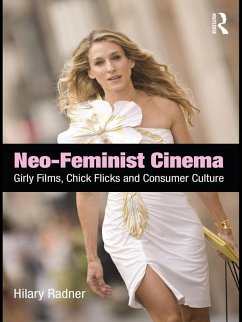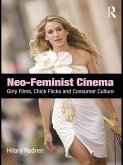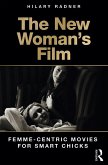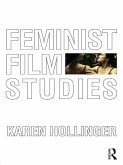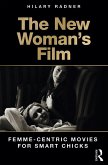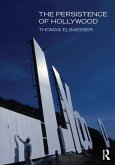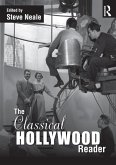Dieser Download kann aus rechtlichen Gründen nur mit Rechnungsadresse in A, B, BG, CY, CZ, D, DK, EW, E, FIN, F, GR, HR, H, IRL, I, LT, L, LR, M, NL, PL, P, R, S, SLO, SK ausgeliefert werden.
-Adrienne Urbanski in Elevate Difference, January 2011
Scholars and women are continually perplexed in our attempts to articulate the overlaps between the "feminist" and the "feminine" and to understand the historical transformations of these terms, and the recent development of "postfeminism(s)" and new forms of femininities. In this spectacular and important new work of feminist film theory, Radner significantly advances the debate about feminism and its "posts" with her theory of neo-feminist culture. Using popular Hollywood films effectively to illustrate her argument, Radner traces the history of our culture's simultaneous incorporation and transformation of feminism in its political, personal, and social dimensions. Her theoretically sophisticated analysis of the complicated influence feminism has had on our popular culture and thinking will be equally useful to cultural and film theorists, students, and general readers. Neo-Feminist Cinema is culturally sophisticated film theory at its best.
-Andrea L. Press, University of Virginia author of Women Watching Television, Speaking of Abortion, The New Media Environment, and co-editor of The Communication Review.
This is a compelling and much-needed book. Summing Up: Highly recommended.
-CHOICE June 2011 issue; reviewed by G.A. Foster, University of Nebraska-Lincoln.

